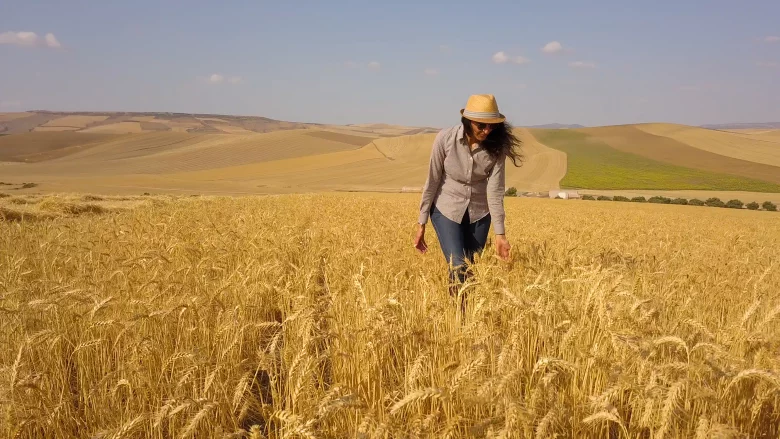
A deepening water crisis is forcing a reckoning across North Africa, where once-ambitious agricultural plans are now being scaled back—or scrapped entirely—due to an increasingly parched landscape.
The Maghreb region, long characterized by arid conditions, is facing unprecedented strain on its water resources. Years of irregular rainfall, prolonged droughts, soaring temperatures, and insufficient water storage infrastructure have created a perfect storm.
The situation is now critical: aquifers are being drained faster than they can be replenished, and the consequences are reverberating across the agricultural sector.
“The gap between water needs and available resources has widened significantly over the years,” noted one expert observing the crisis.
As a result, agricultural projects are being stalled by hard physical limits, not policy or funding.
In a move that underscores the severity of the situation, Moroccan authorities in Ouarzazate have taken the extraordinary step of suspending new drilling permits for agricultural land.
The decision marks a dramatic shift—where once water scarcity merely delayed initiatives, it is now bringing them to a standstill.
This ban, which affects some of the country’s key agricultural zones, signals what could become a broader trend across the region.
Governments may increasingly be forced to choose between economic development and environmental survival.
Water stress in the Maghreb is no longer a distant threat—it’s an immediate barrier to growth.
With groundwater sources shrinking and rainfall patterns becoming more erratic, the very foundations of food production are under threat.
As nations across the region scramble for long-term solutions, the agricultural ambitions of the Maghreb may depend not only on adaptation, but on a fundamental rethinking of how water is valued, managed, and shared.



